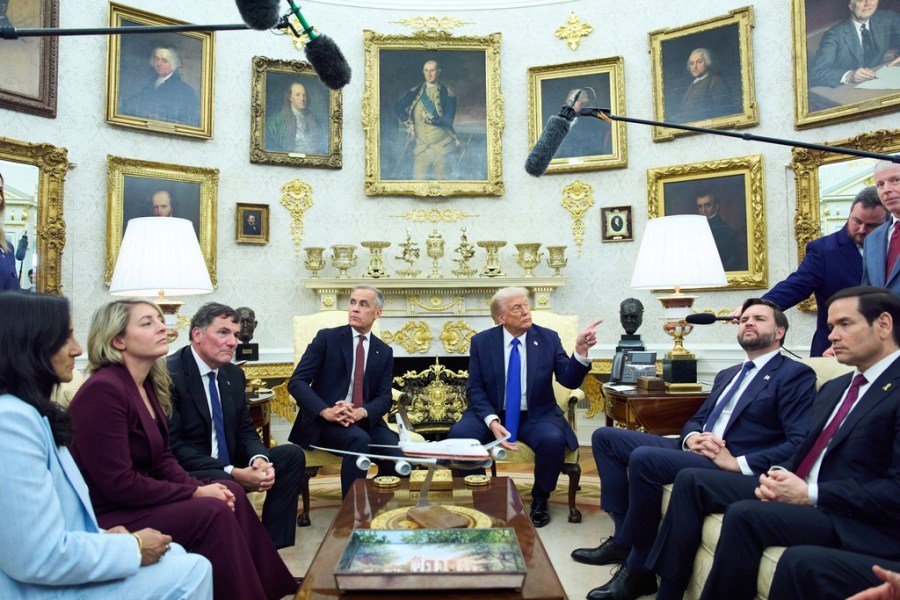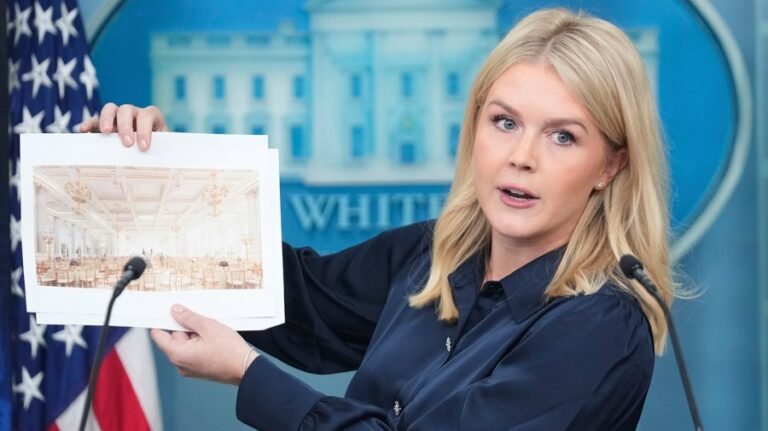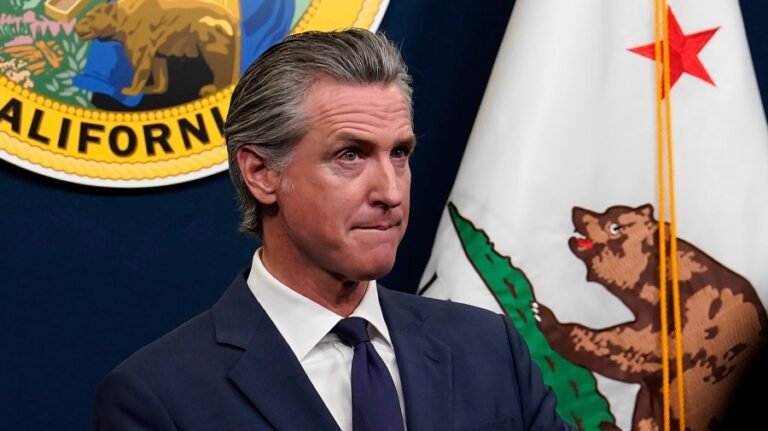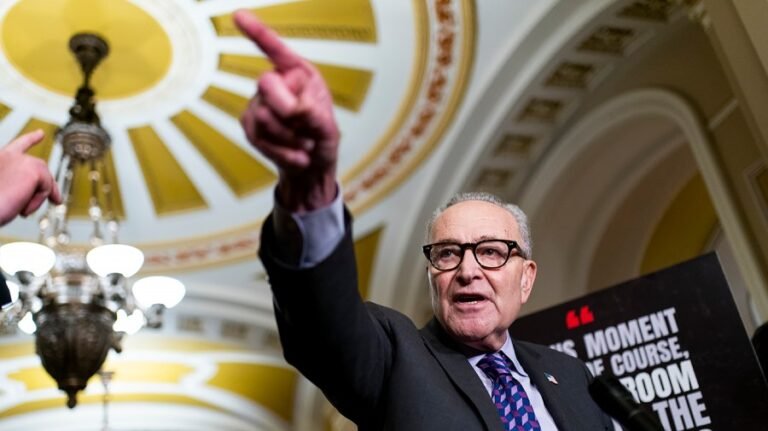
Why Ontario Premier Doug Ford thought it was a good idea to “poke the bear” by running an ad highlighting President Ronald Reagan’s well-known defense of free trade is a mystery. President Trump does not take criticism well. Unless and until the U.S. Supreme Court strikes down his knee-jerk approach to tariff policies, any demonstration of how far Trump has strayed from free market economics is only going to result in retaliation.
The difference between Reagan’s and Trump’s views on trade can be summed up this way: In Reagan’s free market world, tariffs are the rare exception to the rule. In Trump’s world, tariffs are the rule.
The kerfuffle began when Ontario ran a one-minute ad, which took audio from a five-minute Reagan radio address delivered in 1987, in which the former president explained his support for free trade but felt compelled to impose tariffs on a few Japanese products.
“Last week I placed new duties on some Japanese products in response to Japan’s inability to enforce their trade agreement with us on electronic devices called semiconductors.” Reagan then adds, “Now, imposing such trade barriers or restrictions of any kind are steps that I am loath to take,” because, he says, “trade barriers hurt every American worker and consumer.”
The Ronald Reagan Presidential Foundation and Institute quickly responded to the Canadian ad, claiming that it “misrepresents” Reagan’s address by using “selective audio and video,” and for not seeking permission to use the audio.
Trump then went to Truth Social and highlighted the foundation’s response, claiming the ad’s message is “FAKE,” and asserting in all-caps, “TARIFFS ARE VERY IMPORTANT TO THE NATIONAL SECURITY, AND ECONOMY, OF THE U.S.A.” Trump then canceled all trade negotiations with Canada and raised tariffs by another 10 percent.
Let’s put this overreaction into perspective.
First, Reagan wasn’t alone in extolling the benefits of free trade. Beginning with President John F. Kennedy, nearly every president has praised free trade and denounced protectionism. President Richard Nixon was an exception, claiming “the import duty delights me.” He declared a national emergency and imposed a 10 percent tariff across the board.
Yet like Reagan, most presidents supportive of free trade made exceptions to their free-trade views by temporarily imposing tariffs on some items. President Joe Biden was the outlier, keeping most of Trump’s first-term tariffs and imposing several more.
Second, the foundation’s response is puzzling. A presidential radio address from 38 years ago should be in the public domain. Perhaps Ontario should have notified the foundation, but it’s not clear it needed permission.
Third, and related to the second, the Canadian ad does not misrepresent Reagan’s views on free trade — it is using his own words. Others agree. In its reporting, PBS says, “the ad’s overall message doesn’t misrepresent Reagan’s views on tariffs.”
Fourth, since the end of World War II, traditional conservatives’ default position has been supportive of free trade — that is, of few or no tariffs and trade restrictions — while recognizing that there may be some exceptions. Those exceptions could include prohibitions against exporting products that could be used against us by our enemies (such as weapons, advanced electronics or nuclear technology). Exceptions could also include tariffs on imported products that are heavily subsidized by foreign governments and sold at below-market prices.
Fifth, Reagan believed in “fair trade,” but it’s not Trump’s fair trade. Reagan explicitly stated he was imposing tariffs because of Japan’s failure to live up to a trade agreement. And he added, “we were just trying to deal with a particular problem, not begin a trade war.” Trump, in contrast, has said, “Trade wars are good, and easy to win.” But they are apparently not as easy to win as he thought, at least with some countries.
Finally, Trump claimed in his Truth Social reaction that Ontario “only did this to interfere with the decision of the U.S. Supreme Court, and other courts.” The Supreme Court is set to hear arguments on Nov. 5 about whether the U.S. Constitution allows the president to impose wide ranging tariffs for any reason — or for no reason.
Ironically, it was Trump who imposed 100 percent tariffs on Brazil after its Supreme Court found Trump ally and former Brazil President Jair Bolsonaro guilty of plotting a coup. Regardless of whether the court’s decision was justified, Trump’s tariffs could be seen as an attempt to influence or punish Brazil’s Supreme Court.
Ontario’s ad was trying to persuade Trump, not to anger him. Had Ontario really intended to anger Trump, it might have used this Reagan quote from a 1988 presidential address about Canada: “We should beware of the demagogues who are ready to declare a trade war against our friends — weakening our economy, our national security, and the entire free world — all while cynically waving the American flag.”
Merrill Matthews is a co-author of “On the Edge: America Faces the Entitlements Cliff.”


